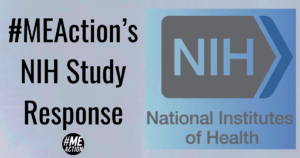We All Have CFS, Like It Or Not
I’ve been inspired to write by Lucibee’s recent blogpost about the PACE trial (https://lucibee.wordpress.com/2016/01/27/my-thoughts-about-the-pace-trial/). In her piece she raises an important point about how patients can sometimes be received for reporting any sort of improvement from CBT or GET. I once shared the fact that my first course of CBT beneficial to me, in terms of helping me come to terms with the disease. The disease had brought me to low a point and my CBT practitioner helped me draw a line under that point so that the only place I could gaze was upwards and attempt to improve my life. That exposition was met with suspicion by a couple of people and I found myself accused of not being a real patient. I stress it was just a couple of people; there is a tendency for CBT & GET exponents to hold communities at large to account for the actions of a few individuals when our ME/CFS communities have diverse opinions.
It is entirely possible that CBT & GET when tailored to the individuals health and limitations could be beneficial, though not curative. For many of us, the illness is experienced in phases: there are dark months and there are lighter months. If GET was delivered with our individual limitations in mind, then it could certainly be helpful. Muscles do begin to atrophy when not used, you become more prone to strains and muscle weakness which from my subjective experience contributes to a feeling of fatigue and weakness. I try if nothing else to do stretch exercises from bed when my health is at its worst.
To give you an example, I play guitar – as much as I can, but not nearly enough to be good. I call myself a Guitar Player and not a Guitarist for this reason. My inability to play well for long periods of time (even the length of a song) is deeply frustrating. I may only get through one piece a year without making a mistake, but the euphoria when I do is good for the soul. I experience a variance of physical and cognitive symptoms from day to day, so it’s not solely my muscles, but my ability to concentrate that dictates my performance.
With this in mind, I’ve become interested in ergonomics and preparation as a way of trying to reach my peak as often as I can. For days where I have poorer cognition but better physical health, I purchased an adjustable hand exerciser that allows me to maintain and partially develop my hand muscles to make playing less of a strain. On a day with good cognition but poor physical health, I can spend a little bit of time marking up sheet music (a Guitar Player needs to mark chord fingering and string crossings as they learn a score – if like me they don’t possess a great memory). In terms of ergonomics, I cannot play guitar sitting straight up, my back muscles cannot cope and it causes me pain quickly. So I’ve had to invent a way of playing where I lie back onto a sort of pillow bundle on my bed and attempt to wedge the guitar at an angle that allows me to comfortably and accessibly reach the neck of the guitar.
These adaptations allow me to retain some ability and even occasionally make improvements, but there is of course an iron ceiling. If the goal of GET however was to help patients to inch our way back to that iron ceiling following a relapse or a bout of poor health, then it wouldn’t be such a dirty acronym. Of course, claims of recovery from a well defined, neurological case of ME/CFS (and by that I mean, where a patient has displayed clear and measurable symptoms of autonomic dysfunction) by way of GET are preposterous and completely unsupported.
It is the philosophy behind the use of CBT & GET, the lack of harms reporting (Thanks to Tom Kindlon for addressing that- http://www.ncf-net.org/library/Reporting%20of%20Harms.pdf) and claims about their efficacy rather than the treatments themselves that deserves the most scrutiny. CBT in general is of course not without criticism in the literature, but I’d like to believe that there is a pleasant island somewhere between Beck and Freud (CBT vs Psychoanalysis). While we wait for Science to discern the aetiologies of the diseases experienced by MECFS patients– it is unlikely that such a heterogeneous group of patients has a disease of the same cause– we can only look toward therapies and medicine that helps us to manage the symptoms of disease.
The Wessely school theory of CFS aetiology is a convenient theory that is entertained by those in power without any real resistance. If the problem is something the patient can be coached to overcome, disseminated in a factory (i.e. Group Therapy, good for costs) and then ultimately blamed on a patient’s inability to commit to the treatment, then there is no responsibility for a government or a medical insurance company to take action. In the case of both government and business, the goal is to reduce costs in the short term. Governments last 4-5 years and managerial careers can be short, so the obvious stupidity of not properly researching the disease and curing it as a fiscally sensible long term strategy is hard to sell. In this environment, a group of Psychiatrists from top universities with an interest in psychosomatics who are prepared to put their reputations at stake and assume the position of experts is like an getting an Oscar Night gift basket when you’re living on payday loans. The fact that they’re fighting so hard right now to bury the data is because it is their reputations at stake, those in real power are protected by the ‘severed tentacle’ insurance plan.
As CFS patients, we are part of the errata, an acceptable bug in the system and nothing will change until our disease becomes unacceptable. I’ve often (semi-seriously) thought that it is only the day that a one pound curative pill emerges from one of the stalwart research groups that actually research our illness with an open mind, that things will change. The Wesselian defense no doubt will be to find a group of patients that the pill didn’t work on and stain their unifying symptoms into the latest DSM, thus proving for all time that the establishment is always right, yet flexible enough to act on new discoveries. You know, there probably is one or two people out there who legitimately have an exertion phobia. Phobias exist after all.
To conclude, justify the title of this piece and re-iterate – We ALL have CFS. Yes, it’s a terrible and insulting name that fails to capture the experience of the illness. Some of us like to say we exclusively have ME (though to actually claim that is harder than you think, you might have ME but hands up everyone who has confirmed inflammation of the brain and spinal cord – those with their hands up can lend me their extravagant healthcare if they like). CFS is the Brand given to us by power. It is not our truth, but is DOES unify us. We often complain how the flimsier diagnostic criteria grabs such a large group of patients that it is inevitable some ‘don’t have the same illness’, but instead of falsely uniting us in diagnosis, why not allow CFS to unite us in opposition to neglect.
Matt
@DondochakkaB





